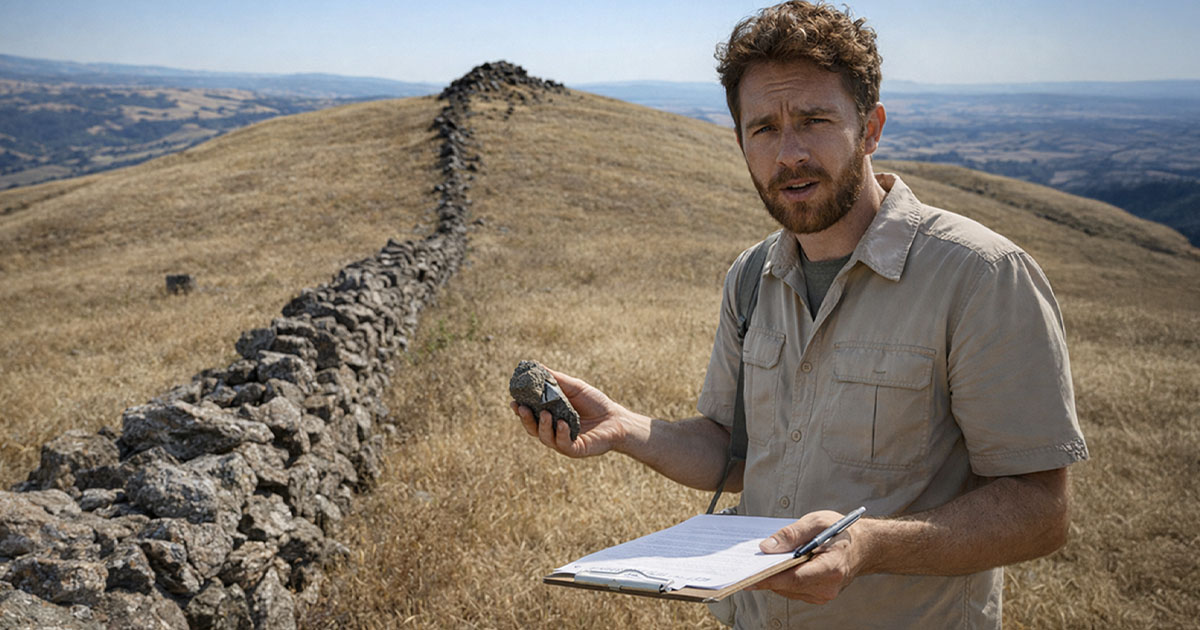Waistlines Under Watch
Is it really illegal to be overweight in Japan? Well, yes...and no. Since 2008, the country’s infamous Metabo Law has made waistlines a legal issue and a national obsession. Here’s the truth behind the belly-tape law that has everyone asking, and arguing about, what happens to overweight people in Japan.
A Law With a Catchy Nickname
The official name—Specific Health Checkups and Specific Health Guidance—sounds dry. So everyone calls it the Metabo Law. “Metabo” is short for metabolic syndrome, a bundle of health risks tied to belly fat. Let’s be honest—it’s way catchier.
But nicknames aside, how did Japan end up making waistlines a matter of law?
Why Japan Created the Law
By the early 2000s, Japan faced a looming crisis: an aging population and skyrocketing healthcare costs. Doctors warned of metabolic syndrome—belly fat, high blood pressure, diabetes—creeping up in middle-aged adults. The government decided prevention had to start early.
The Search for a Target
Officials needed something simple and universal. Weight alone was too fuzzy, BMI too debated. Waist circumference became the magic marker. Easy to measure, cheap, and directly linked to abdominal fat—the biggest predictor of metabolic risk.
Shifting the Responsibility
Instead of punishing individuals, the Ministry of Health decided companies and insurers would be accountable. The reasoning: healthy workers mean lower costs and better productivity. Employers were suddenly drafted into Japan’s war on waistlines.
And that’s where the tape measure came in…
Who Gets the Tape Measure
The law applies to every Japanese adult aged 40–74. Each year, companies and local governments arrange health checkups. The big moment? A tape measure around your waist. Men must stay under 85 cm, women under 90 cm.
Above the Limit? Don’t Panic
No, you won’t be dragged into court for a chubby belly. Instead, you’ll be invited to lifestyle counseling sessions. Think wellness coaching, diet tips, and maybe even group walks. One doctor summed it up: “It’s encouragement, not enforcement.”
Who Really Gets in Trouble
Here’s the twist: it’s not you, it’s your company. Employers and insurers can face higher premiums if too many workers exceed the waistline limits. Suddenly, your boss cares deeply about your lunchtime choices.
Corporate Wellness—Japanese Style
To dodge penalties, companies rolled out fitness challenges, calorie-conscious cafeterias, and even step-count contests. Imagine HR sending a memo: “Join our walking group—it’s good for your health, and for our insurance bill.”
The Belly as a Benchmark
Japan needed a quick, visible marker for metabolic syndrome. The belly was the obvious target—easy to measure and tied to multiple risks. The thinking went: trim the waist, trim the healthcare costs. Simple, if not perfect.
The Critics Weigh In
Doctors weren’t convinced. Waist measurements can swing up to 7.8 cm depending on tape placement. And the chosen cut-offs don’t match international standards. Critics argued: “Are we really labeling healthy people as unhealthy because of a tape measure?”
The Privacy Problem
Getting weighed at work is one thing. Having your waistline recorded next to your boss? That’s another. Privacy advocates warned the system could make employees feel exposed—and even open the door to subtle discrimination.
Mixed Results So Far
Has Japan slimmed down? Not much. Counseling works for some individuals, shaving inches off their waists. But nationwide obesity rates barely moved—men’s went slightly up, women’s stayed flat. The biggest result: people now think more about waistlines.
Global Rumors Explode
Then came the headlines: “Japan Makes Fat Illegal!” The truth—that it’s about health guidance—got buried under clickbait. The story became internet legend, painting Japan as waistline police. And myths, as we know, spread faster than facts.
 mikoto.raw Photographer, Pexels
mikoto.raw Photographer, Pexels
What It’s Like at the Checkup
In reality, it’s anticlimactic. You stand in line, get your blood pressure taken, and then—the tape comes out. It’s over in seconds. Still, it’s a little awkward, like gym class flashbacks—but with paperwork.
Cultural Quirks at Play
Japan values harmony and shared responsibility. That’s why the law hits companies, not individuals. The idea is: we rise or fall together. Or in this case…we shrink our waists together.
The Numbers Game
The thresholds never change: 85 cm for men, 90 cm for women. They’ve become symbols of the law itself. Too strict for some, too lenient for others—but undeniably memorable.
Not a “Fat Tax”
Despite headlines, this isn’t a fat tax. No individual is fined. Instead, companies and insurers face penalties if they miss targets. So the program is more about group accountability than punishing people.
How Japanese Media Played It
Local newspapers sometimes poked fun—running cartoons of tape measures chasing office workers. The term “metabo” even entered pop slang, used jokingly to describe someone with a little belly. The law didn’t just create rules—it created new vocabulary.
Office Anecdotes
Some offices leaned in with humor. One company handed out “Metabo Club” badges to staff trying to lose belly inches—voluntary, but cheeky. It turned into friendly competition, less about penalties and more about pride.
International Confusion
Meanwhile abroad, memes claimed Japan banned fat people from trains or workplaces. None of that is true. But the myth proved irresistible, turning a dry health policy into an online sensation.
Did the Myth Help Anyway?
Ironically, the rumor sparked global conversation about metabolic health. Sure, people laughed at “waistline police,” but it got folks Googling what metabolic syndrome actually is. Sometimes myths educate, even by accident.
Comparisons Abroad
Japan isn’t alone—other countries tried “soda taxes” or wellness incentives. But the Metabo Law stands out for targeting waistlines specifically. It’s one of the only times a nation made the belly a legal benchmark.
Did It Change Culture?
For many Japanese, the law became background noise—just another yearly check. But it made belly size a national talking point, sparking jokes, ads, and even variety-show skits. When health policy seeps into pop culture, you know it hit a nerve.
A Law Wrapped in Myth
So is it illegal to be overweight in Japan? Nope. The Metabo Law is about screenings and corporate responsibility. But its bold belly rules ensured it became a meme-fueled legend around the world.
The Legacy of the Metabo Law
Nearly two decades later, the law hasn’t “cured” obesity. But it has raised awareness, inspired debates, and given us one of the quirkiest myths in modern health policy. Sometimes, the story becomes more powerful than the statute.
You Might Also Like:
Umoja: The Village Where Men Aren’t Allowed
Every Country With A Better Quality Of Life Than The United States—Ranked According To Data































